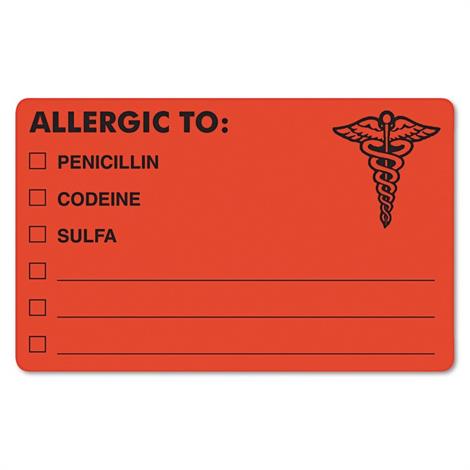Record rainfall in the Bay Area has many wondering if this will lead to a severe allergy season. The answer, according to experts, is not necessarily. While a wet winter can bring about an increase in pollen production, there are many factors that contribute to the severity of allergy season.
First, it’s important to understand what causes allergies in the first place. Allergies are caused by the body’s immune system overreacting to a harmless substance, such as pollen or dust. When this happens, the body releases histamines, which cause symptoms like sneezing, itching, and congestion.
One factor that can contribute to a severe allergy season is an increase in pollen production. Plants produce pollen as part of their reproductive cycle, and certain weather conditions can cause them to produce more pollen than usual. Rain can help wash away pollen, but it can also encourage plant growth, leading to an increase in pollen production.
However, there are other factors that can also contribute to allergy season severity. These include:
Temperature: Warm temperatures can cause plants to release more pollen into the air.
Wind: Wind can spread pollen over larger areas, increasing the likelihood of exposure.
Pollution: Air pollution can aggravate allergy symptoms and make them worse.
Allergen exposure: The more a person is exposed to allergens, the more severe their symptoms are likely to be.
So while rain can play a role in allergy season severity, it’s just one piece of the puzzle. Other factors like temperature, wind, and pollution can also have a significant impact.
That being said, there are steps you can take to manage your allergies during the spring season. These include:
Keeping windows and doors closed to prevent pollen from entering your home.
Using an air purifier with a HEPA filter to remove pollen and other allergens from the air.
Taking allergy medication as directed by your doctor.
Avoiding outdoor activities during times when pollen counts are high.
In conclusion, while record rainfall in the Bay Area may lead to an increase in pollen production, it’s not necessarily a guarantee of a severe allergy season. Other factors like temperature, wind, and pollution can also contribute to the severity of allergy season. By taking steps to manage your allergies, you can minimize your symptoms and enjoy the spring season.






